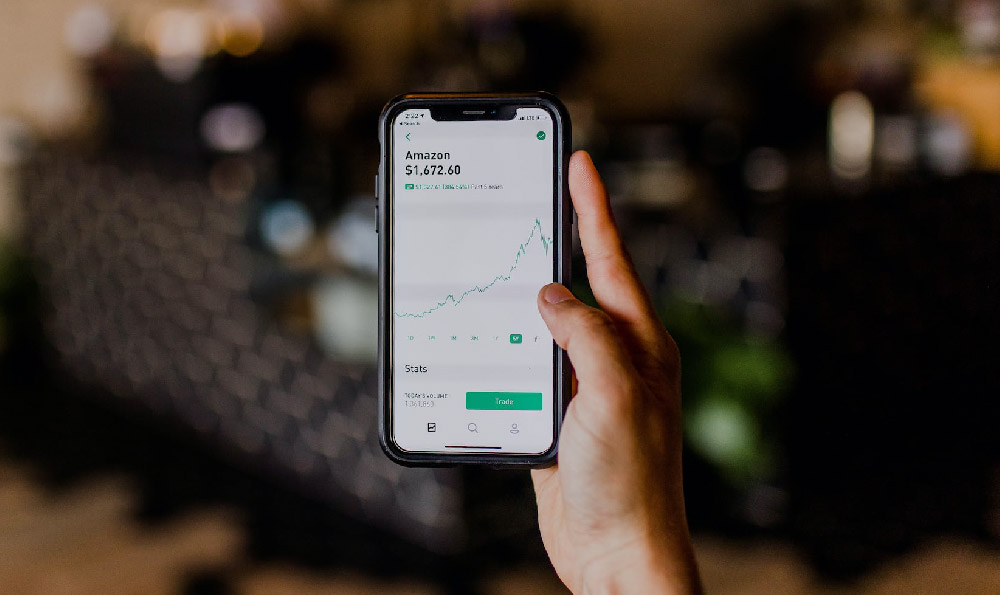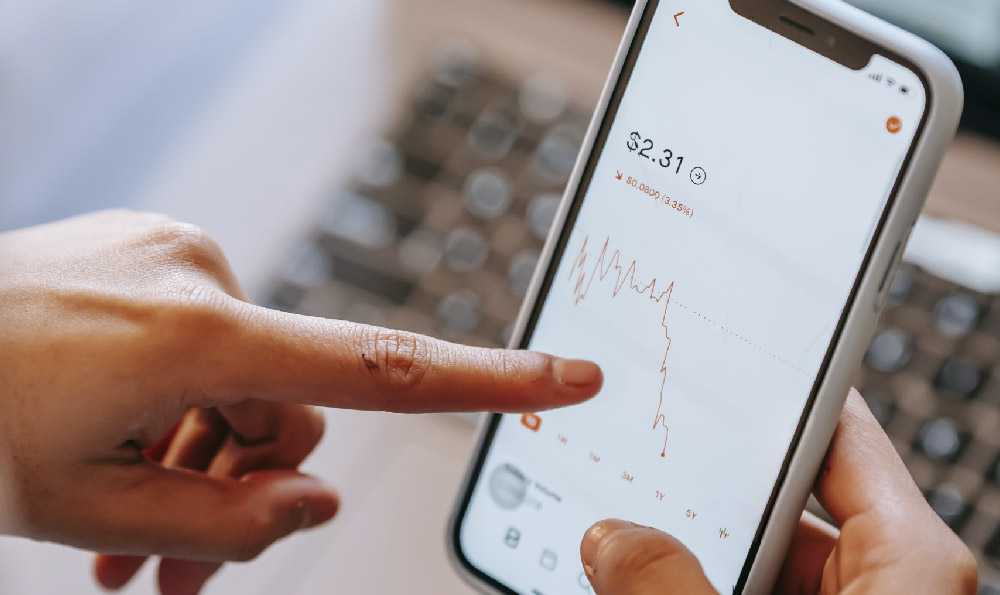Olympic athletes achieve financial success through a multifaceted approach that combines personal performance, strategic partnerships, and long-term planning. Their earnings are not solely dependent on medals or victories, as the interplay between visibility, brand alignment, and market demands plays a crucial role in shaping their financial trajectories. For instance, a gymnast's consistent top-tier performance might lead to lucrative sponsorships with sports apparel companies, while a swimmer's record-breaking times could attract endorsements from beverage or technology brands. These opportunities often stem from the athlete's ability to generate media attention, which in turn opens avenues for commercial engagement. The financial landscape of an Olympian is typically woven with a combination of remunerated training, competition prizes, and external income streams, each contributing uniquely to their overall wealth.
The foundation of their income often begins with the direct compensation from athletic institutions. National Olympic committees, professional clubs, and sports federations frequently provide stipends or salaries to athletes based on their rankings, potential, and the resources required for elite training. These funds are critical for covering expenses like coaching, travel, equipment, and nutrition, but they can also be substantial. However, such support is not guaranteed; it depends on the athlete's performance, the financial health of their sponsors, and the priorities of their respective nations. In some cases, athletes receive government funding or grants, particularly in countries where sports are considered national priorities. For example, countries with strong athletic traditions, such as the United States or Russia, often allocate significant resources to support their Olympic teams, creating a layer of financial stability for selected athletes. Yet, this form of income remains limited in scope, as only a subset of athletes can qualify for such support, and it is typically tied to immediate performance metrics rather than long-term career planning.
Beyond institutional support, the most significant portion of an Olympian's income often comes from sponsorships and commercial ventures. These partnerships are not merely transactional; they are strategic investments in the athlete's brand value. Brands seeking to associate with Olympic athletes do so to leverage the athlete's global visibility, credibility, and ability to engage audiences. This dynamic is particularly evident in the realm of advertising, where athletes endorse products ranging from sports equipment to lifestyle items. The key to securing these deals lies in the athlete's ability to maintain a strong public image, demonstrate consistent performance, and align with the brand's values. For example, a sprinter with a charismatic personality and a strong online presence might attract partnerships with companies in the fashion or technology sectors, expanding their income beyond traditional sports domains. The financial returns can be substantial, with top athletes earning millions annually from sponsorships, but they require careful negotiation and a proactive approach to brand management.

Another critical avenue for earnings is the monetization of media rights and broadcasting opportunities. The Olympic Games generate enormous revenue through television and digital rights, and athletes are central to this ecosystem. Their participation in events translates to valuable content for broadcasters, which in turn offers them financial incentives. This can include appearance fees, royalty arrangements, or revenue-sharing agreements with media outlets. Additionally, athletes may benefit from the success of their countries in the Games, as national broadcasting contracts often reward top performers with a share of the overall revenue. However, the distribution of these benefits is not always transparent, and athletes must navigate complex contractual obligations to maximize their earnings. The rise of digital media has further amplified this opportunity, allowing athletes to generate income through streaming platforms, content creation, and virtual sponsorships. For example, some athletes have developed personal social media channels, which serve as both a platform for engagement and a source of direct revenue through advertisements, sponsorships, and fan subscriptions.
Finally, the financial security of Olympians is often contingent on their ability to diversify income sources and plan for the future. Unlike many professions, an athlete's earning potential is highly dependent on their career length, performance consistency, and the ability to transition into new roles. This necessitates a strategic approach to asset management, including investments in education, property, or other ventures to ensure financial stability post-retirement. Some athletes, for example, use their Olympic earnings to establish foundations or support community initiatives, which not only create long-term financial benefits but also enhance their public image. Additionally, the development of personal brands through sponsorships and media presence can serve as a buffer against the volatility of athletic careers. For instance, an athlete who has built a strong following on social media may continue to generate income through content monetization even after retiring from competition. This underscores the importance of financial literacy and long-term planning in managing the complexities of an Olympic career, as their income is often a blend of immediate rewards and strategic investments in their personal and professional development.












